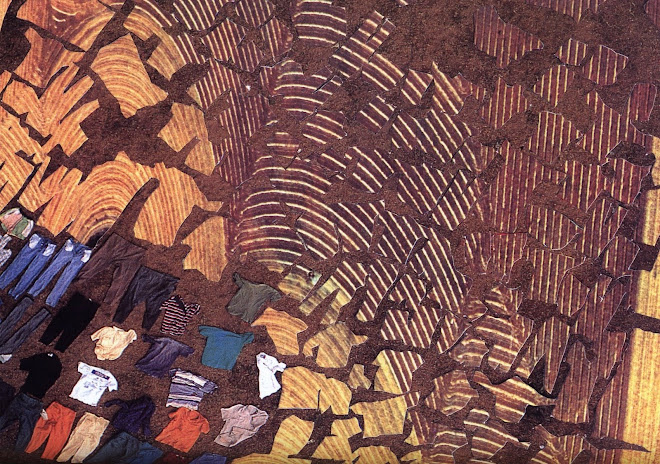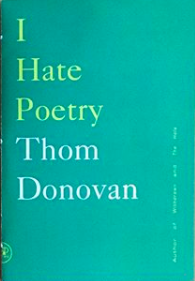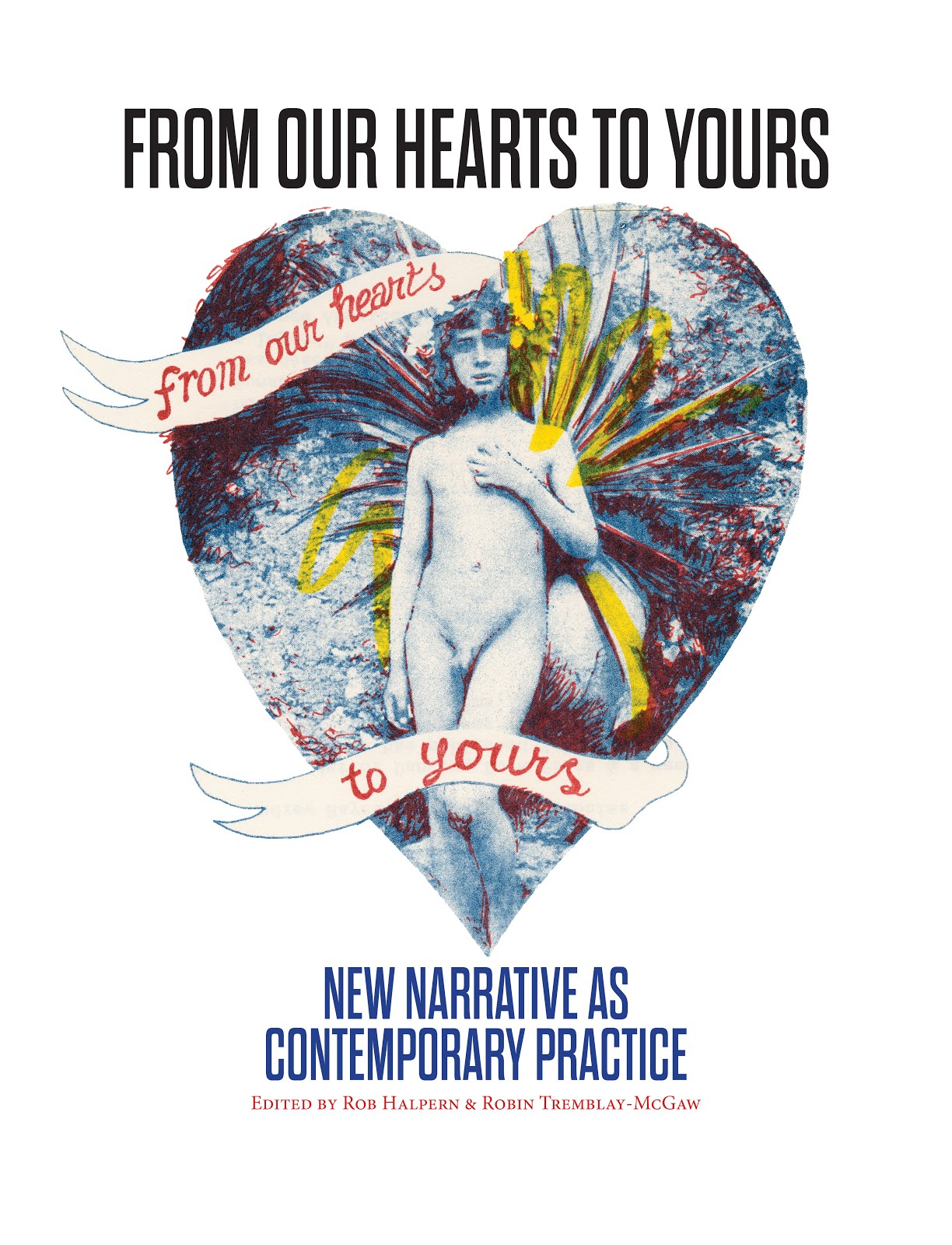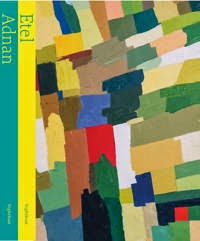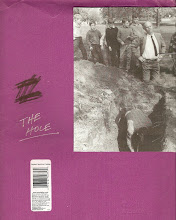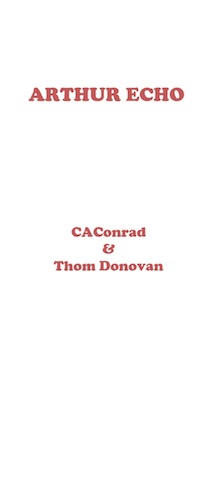Wednesday 06.16.10 -- Art, Criticism, and Its Markets
CONTENTS:
1. About this Wednesday
2. More on Isabelle Graw
3. Readings
4. Upcoming Readings
___________________________________________________
1. About this Wednesday
What: Reading Discussion
Where: 16Beaver Street, 4th Floor
When: Wednesday 06.16.10 at 7:15 pm
Who: Free and open to all
Over the last 20 or 30 years, there has been an increasing amount of criticism written which is directed at the economy or market of art. This growing interest on the part of critics has mirrored the burgeoning market around art. And even today, in the midst of a financial depression in many parts of the world, art is increasingly seen as an integral part of 'investment portfolios' and considered a 'safe haven' for nervous investors. Even 'well intentioned' efforts which attempt to protect the interests of artists, through funds or pension trusts, only seem to reinforce the ever increasing pace of the financialization or
securitization of art.
This Wednesday, we would like to invite those who might be interested in exploring the interrelations between art, money, and criticism to attend what will be the first meeting of a focused reading group on the subject.
The reading group is being organized by Anastasiya Osipova and Zac Dempster and they will use Isabelle Graw's book "High Price: Art Between the Market and Celebrity Culture" as a point of reference and departure.
The book investigates what an art market does in relation to the artists who strategize within it. Graw begins by narrating through Gustave Courbert's exploits in prison and his heroic exclusion from Salon de Paris into collectors homes. Could this serve as precedent for contemporary artist in their criticisms of the institution while fortifying their cultural value? Some contemporary cases are those of the New York American Fine Arts, Co gallery, Andrea Fraser and Merlin Carpenter, Andy Warhol, Damien Hirst, Julien Schnabel, Jeff Koons, Richard Prince, Yves Klein…
Among key questions that will be addressed through these discussions is a position of criticism vis-à-vis art, which is already seen as both an epistemological object and an indexical expression of market value (not unlike money). Does this status of art reify critical texts as well?
If the so-called art-market is not to be described as a reservoir of phantasms, if the story we could tell of it is not to be a ghost mystery story, what genre would be appropriate?
It is our hope to meet the limitations of this self-reflexive text by an exegesis that will include artist press releases, gallery websites, Facebook pages, photographs, blog posts, art magazine and journal reviews, art auction details, etc. As though following on Twitter the question "to what degree can contemporary writers profit off the vocabulary this text offers? In what fields and by the use of what empty signifiers?"
Anastasiya and Zac will begin the evening by introducing how they arrived at the idea for this reading group, and then we will begin what will be the first of several sessions of readings and discussions.
___________________________________________________
2. More on Isabelle Graw
Isabelle Graw is Professor for Art Theory and Art History at Staatliche Hochschule für Bildende Künste (Städelschule) in Frankfurt am Main, Germany, where she co-founded the Institute of Art Criticism.
She is an art critic and co-founder of Texte zur Kunst in Berlin -- Sternberg Press's website. Graw now lives in Berlin, but was associated with a Cologne group of artists that circled around Martin Kippenberger.
___________________________________________________
3. Readings
For the introductory meeting we will look at the following texts:
Isabelle Graw, foreword to High Price
http://sduk.us/beaver/PDF/graw_innen_pt1.pdf
Michel Foucault “What is Critique?”
http://sduk.us/beaver/PDF/foucault_what_is_critique.pdf
Dietrich Dietrichson “On (Surplus) Value in Art”
http://sduk.us/beaver/PDF/dietrichson.pdf
Barbara Rose "The Auction is the Action"
http://sduk.us/beaver/PDF/rose_auction.pdf
and view a promotional video from Artprice, a French company that
serves as the largest database of the art sales records.
http://www.youtube.com/watch?v=kCyKRTX5bdg
___________________________________________________
4. Upcoming Readings
2nd meeting reading list:
Isabelle Graw, Chapter One of High Price
Jean-Joseph Goux “Figurative Standards: Gold and the Phallus” from
Symbolic Economies
Georges Bataille & numismatics (abstracts from Denis Hollier Against
Architecture: Writings of Georges Bataille)
“Art and its markets: a roundtable discussion” , Artforum, April 2008
http://findarticles.com/p/articles/mi_m0268/is_8_46/ai_n31487375/
Seth Price “Dispersion”
http://www.distributedhistory.com/Dispersion2008.pdf
Pierre Bourdieu, abstracts from The Rules of Art.
“The History of Money” videos:
http://www.youtube.com/watch?v=D0IJCGuNtqk
(possibly: Georg Simmel The Philosophy of Money)

